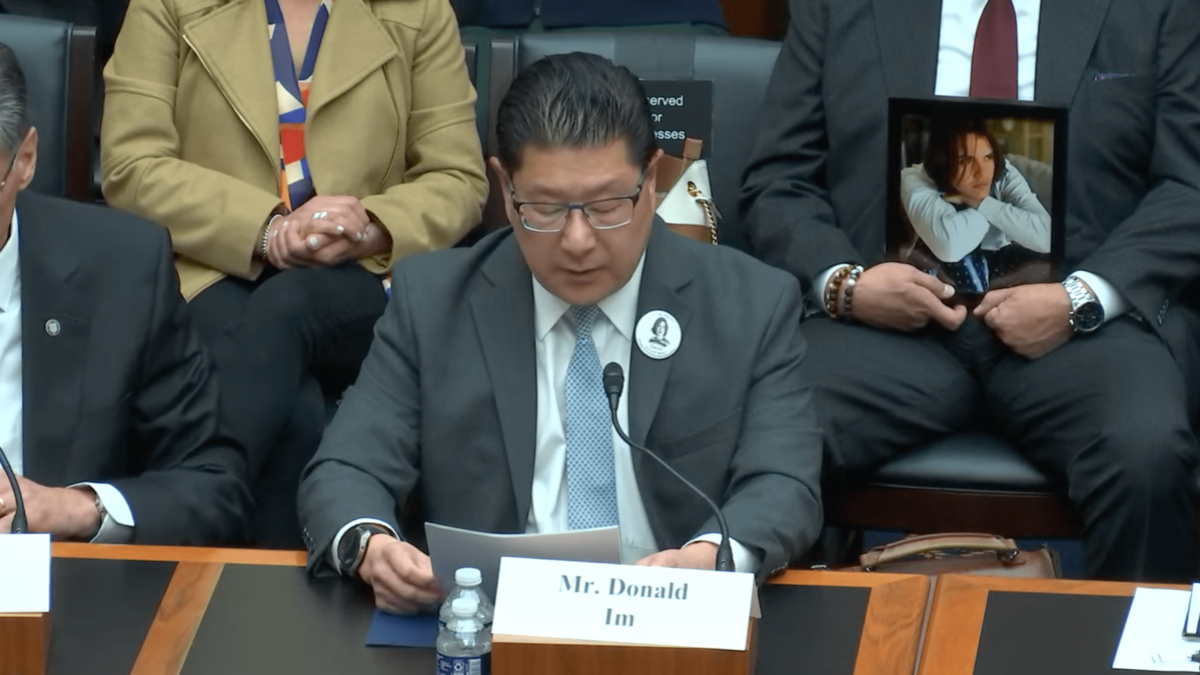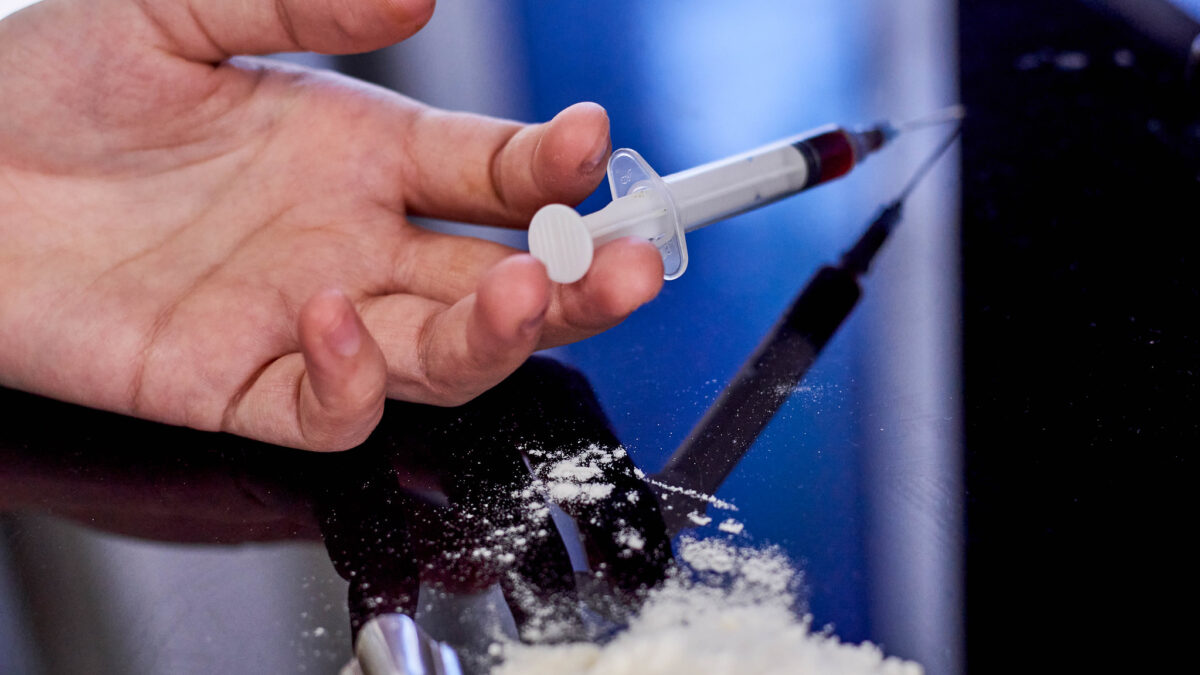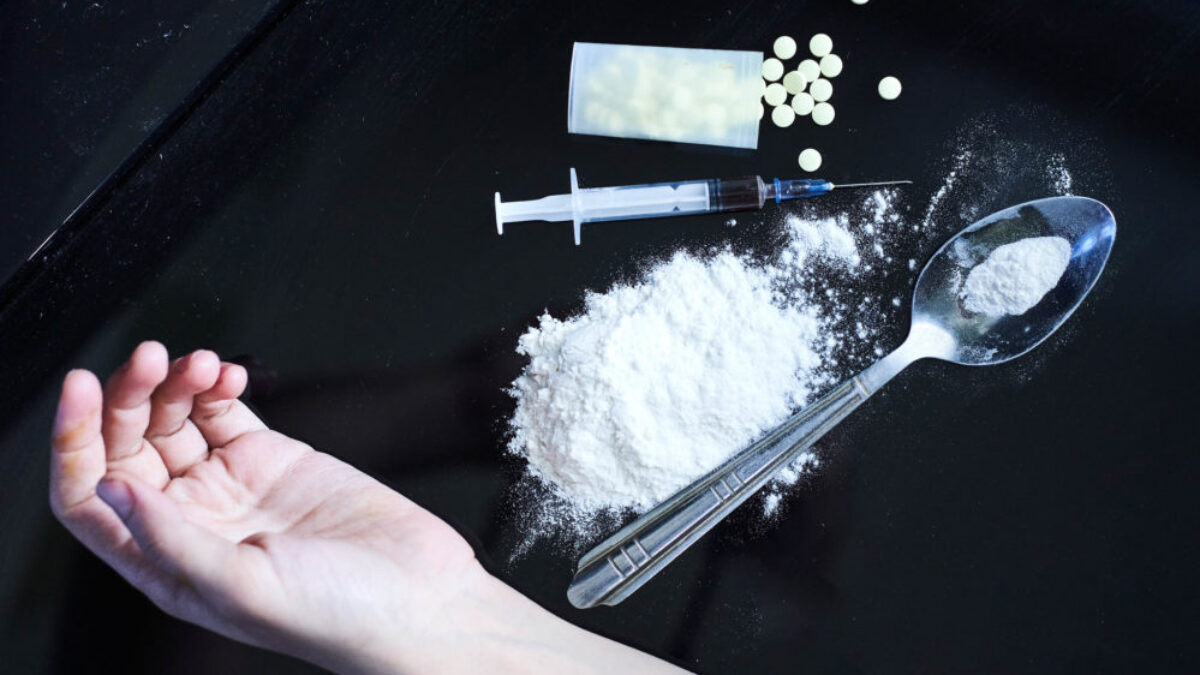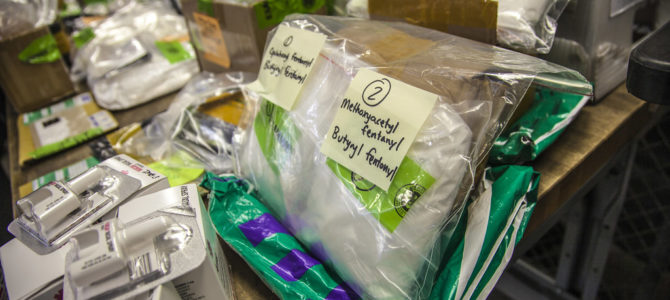Peter Wehner has a short piece up on Wall Street Journal’s Think Tank blog that laments the national movement towards marijuana legalization. “This is a very bad idea, in part because of the harmful medical effects of marijuana use,” he writes. And to prove the contention he turns to “science” – by which he really means “woe to the children.”
“Early exposure [to marijuana] perhaps changes the trajectory of brain development, says one Dr. Staci Gruber. “If parents who are spending thousands of dollars on SAT prep courses knew about the cognitive effects marijuana has on their kids’ brains, they would be up in arms,” says A. Eden Evins, director of the Center for Addiction Medicine at Massachusetts General Hospital.
Children, it should be noted, are not adults. How many parents want to see their children smoking pot? Maybe as many parents as want to see their children with a gin and tonic nightcap, I suppose. In Colorado, where pot is legal, children are prohibited from purchasing marijuana. And licensed dealers have a strong incentive not to sell to children as they could lose their licenses and their livelihoods not to mention go to prison. When state regulators and police ran a series of sting operation earlier this year, they couldn’t find a single instance of a pot shop breaking the law and selling to kids.
Some children, of course, will continue to purchase the cheaper, more accessible option from marijuana dispensing freelancers — which, if I remember Colorado correctly, aren’t exactly difficult to find.
But if science is really important, than we should discuss the Schedule I designation of the Controlled Substances Act that claims pot offers “no currently accepted medical use” and has no therapeutic value. Science happens to offer a different opinion.
Now, I’m not one that pretends pot is wholly innocuous. We’ve all met people that disprove the notion. Human beings can abuse anything. But how dangerous is marijuana? Nearly every statistic available tells us not very. Pot is by any measure less hazardous and less addictive than cigarettes.
National estimates on drug-related visits to hospital emergency departments shows that in 2010 there were 4.1 million drug-related hospital visits, with nearly 50 percent of them attributable to “adverse reactions to pharmaceuticals taken as prescribed.” Among illicit drugs, the leading cause was nonmedical use of pharmaceuticals (OTC medications, dietary supplements). Reported deaths from pot: zero. (There was this recent story about the “surge” of children being admitted into hospitals for accidentally eating pot-related products. Which was concerning, until I got to the part where it turns out that Denver Children’s Hospital had admitted eight children in its emergency room for the entire year, which – and I don’t fancy myself a statistician – tells us absolutely nothing.)
If you want to argue that the legalization of marijuana sends a message to children that pot is harmless, that’s a legitimate grievance – perhaps the most legitimate drug warriors have. But if all the data tells us pot isn’t particularly hazardous for adults (and I doubt usage will spike because of the widespread availability it already enjoys) then we are just tethering legality to salubriousness. For those who want to regulate our intake of soda or sugar or foods that probably makes sense. Or is it the experience that bothers them most. Whatever the case, we’re talking about adults and the choices adults make; choices that we can’t really stop anyway, even at the cost of billions yearly and 750,000 arrests. But science? The case isn’t there.
Follow David Harsanyi on Twitter.









